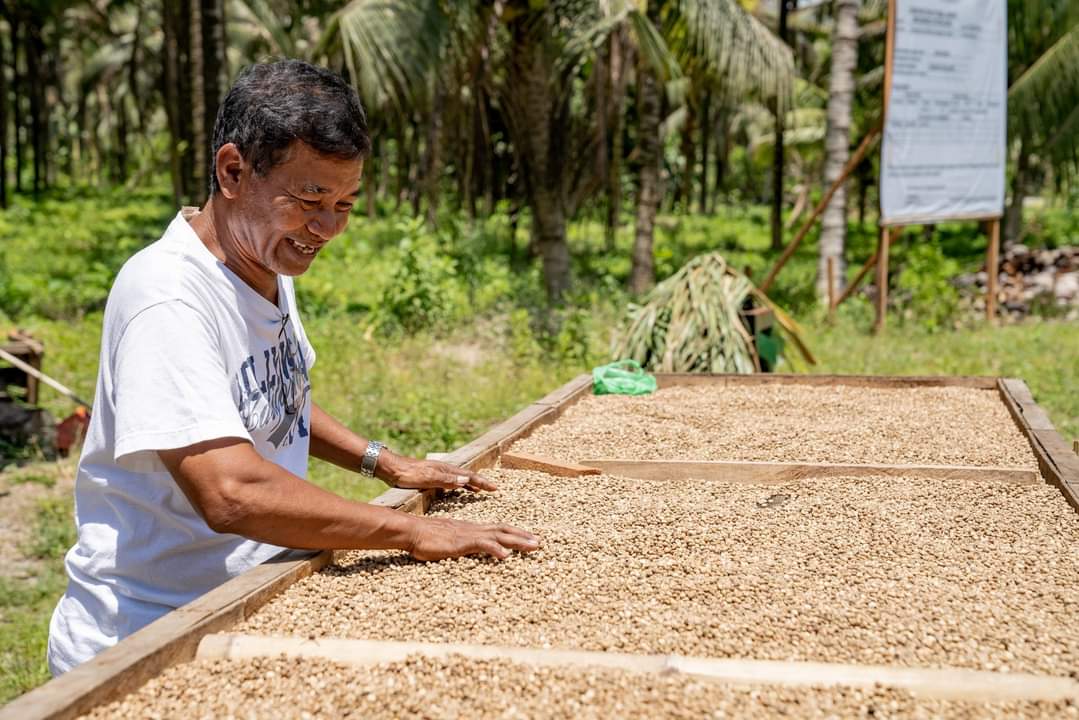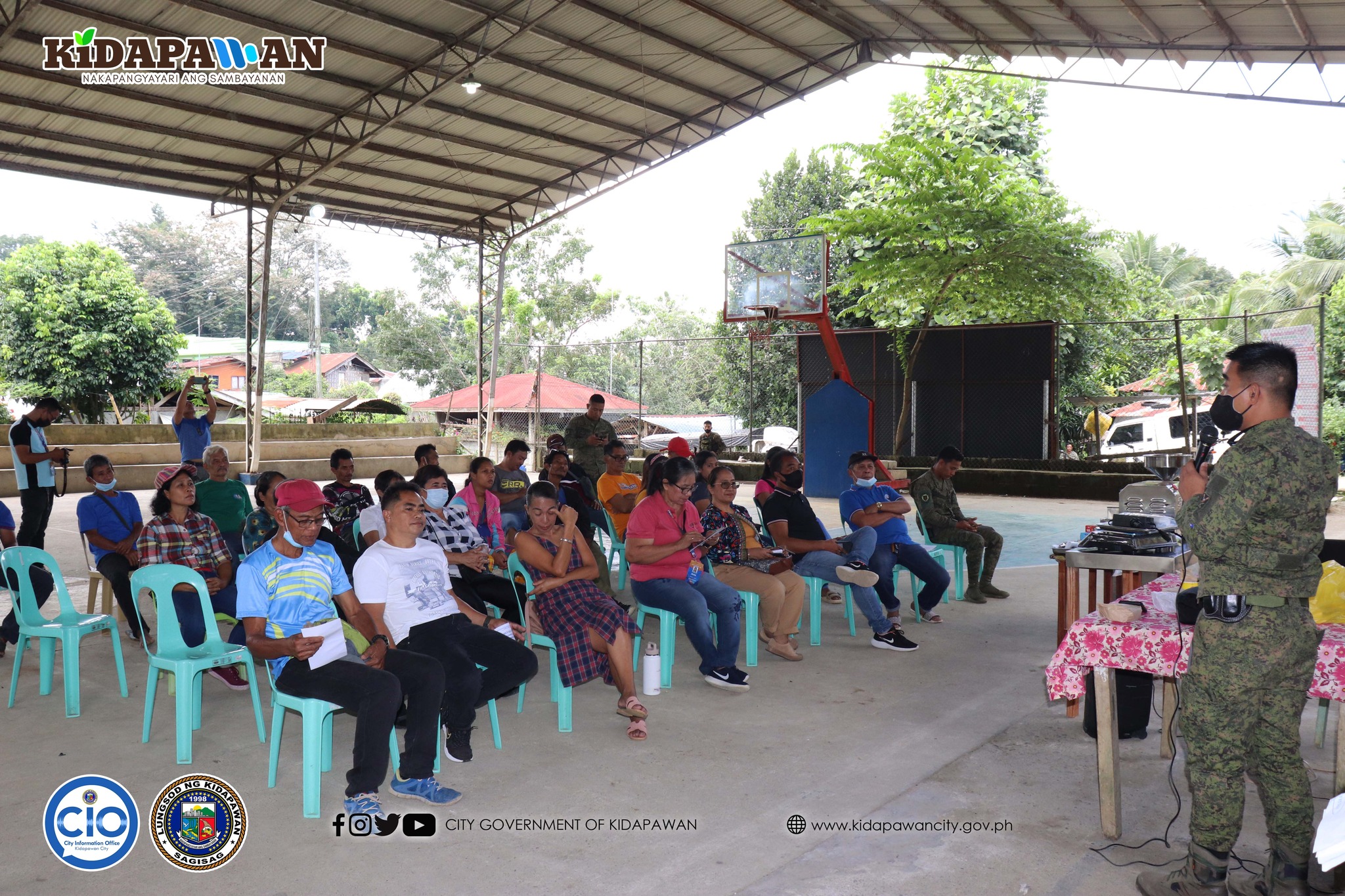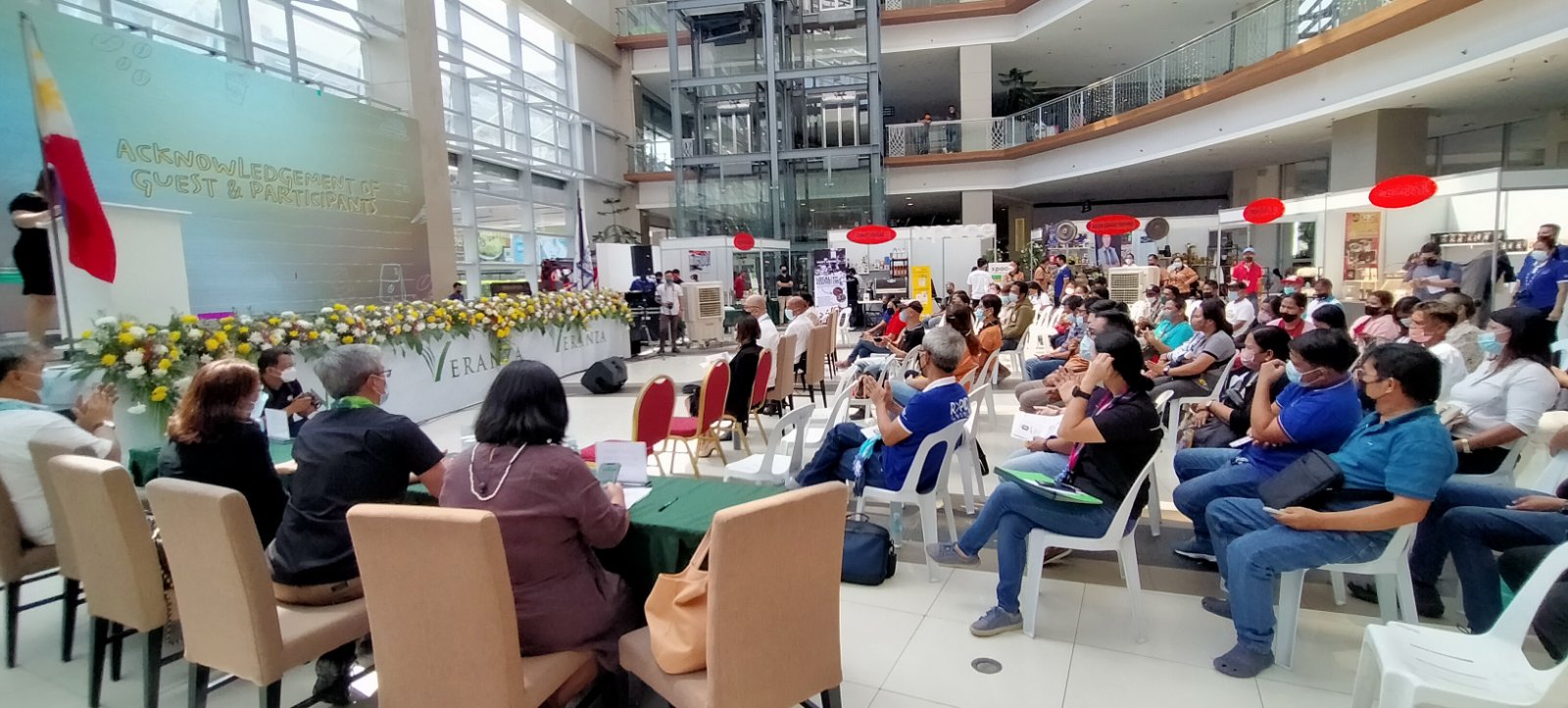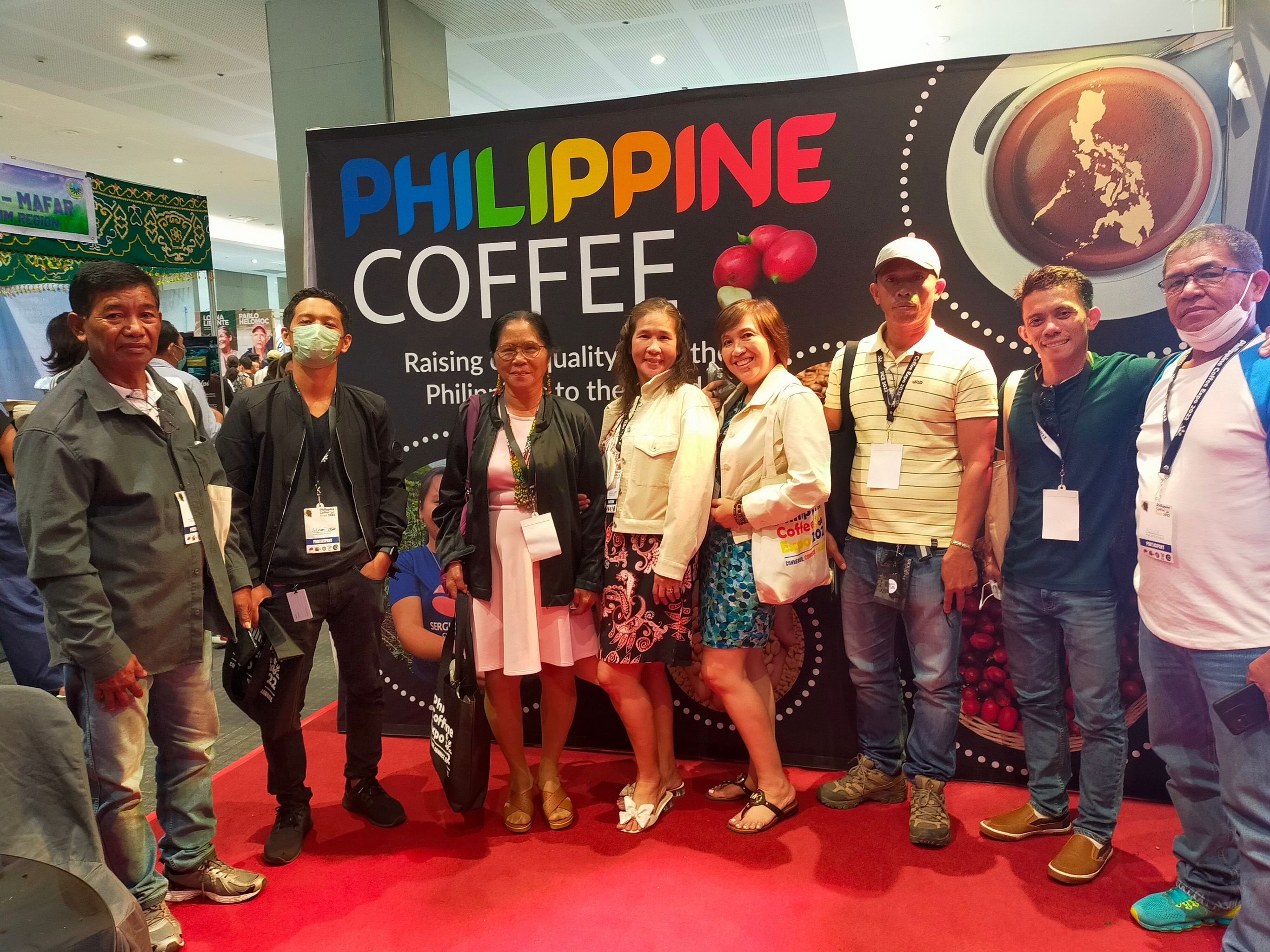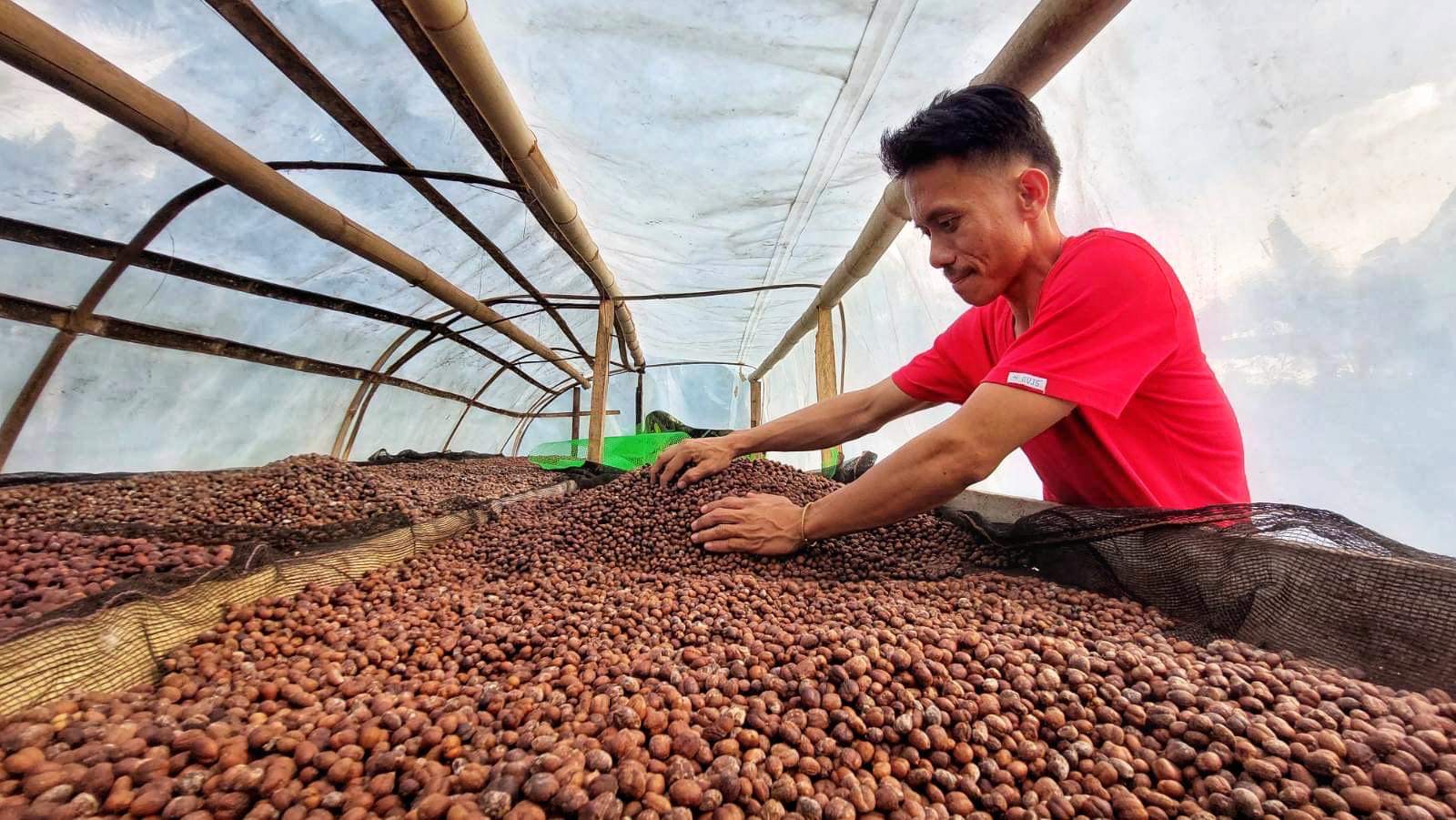
To support the growing coffee industry in SOCCSKSARGEN, the Department of Trade and Industry Region 12 held the Kape Dose Coffee Quality Competition from February 27 to March 2, 2023, at the Sultan Kudarat State University Coffee Cupping Laboratory and Barista Training Center, with the awarding ceremony on March 3, in Isulan, Sultan Kudarat.
The competition was available to all coffee producers and processors in Region 12 aimed to recognize the individuals responsible for the region's finest tasting coffee.
"The competition created awareness among our coffee farmers on the importance of producing quality coffee as this would mean good prices for their produce," DTI 12 Regional Director Flora Politud-Gabunales said.
"The event helped instill that pride of our farmers being able to compete and be at par with the fine Robusta and specialty Arabica coffees not only in the country but in other known coffee-producing countries worldwide.”
RD Politud-Gabunales also said that the event encouraged non-winners to improve their practices in coffee farming.
She also mentioned that while SOCCSKSARGEN is known as the top coffee-producing region in the Philippines in terms of volume, “it is now time to position the region as a producer of the best quality Robusta and Arabica coffee in the country.”
The local trade chief thanked the participating coffee producers, as well as the partner agencies and institutions, for submitting entries to the competition.
The competition features two categories – Arabica and Robusta. It had a total of 48 coffee entries, composed of 41 Robusta and 2 Arabica, and 5 Excelsa entries. The winners in each category received recognition as the best coffee in the region. It will be promoted and marketed as "Kape Dose."
The occasion also marked the debut of the "Kape Dose" brand, which has become synonymous with the region's high-quality coffee production. It will serve as a seal of being a certified Fine Robusta or Specialty Arabica produced in the region, according to RD Politud-Gabunales.
Kape Dose is a duly registered collective mark that only the qualified coffee farmer producer can use. DTI continues to help develop and market their products and provide Business Development Services to the farmers and help make their farming activity a business enterprise.

Rian Vonn Basco (Tinalon, Senator Ninoy Aquino, Sultan Kudarat) was declared as the best Fine Robusta in the region with an 84.33 score. Agripino Sagayno (Datu Wasay, Kalamansig, Sultan Kudarat) got second place with an 84.20 score. Bonifacio Noces (Sitio Sewel, Senator Ninoy Aquino, Sultan Kudarat) got the third place with 83.96 score.
The rest of the winners in the Robusta category-- Top 12 spot: Kubli Kusin (Upo, Maitum Sarangani) got the 4th place with 83.83 score; 5th place was Denz Bert Deramos with 83.67 score; 6th was Cipriano Basco with 83.58 score; 7th was Rudy Labindao of Lebak with 83.31 score; 8th was Rogelio Colongan of Kalamansig with 83.03 score; 9th was Edna Basco of Sen. Ninoy Aquino with 82.67 score; Marcelo Dizon (General Santos City) got the 10th place with 82.38 score; 11th place was Orlando Bayudan of Sen. Ninoy Aquino with 82.25 score; and Rey John Basco of Sen. Ninoy Aquino got the 12th place with 81.42 score.
Meanwhile, Mario Joey Tacan (Polomolok, South Cotabato) got the Top 1 spot for Specialty Arabica with an 83.13 score. While Rogelio Giangan (Cabilao, Makilala, Cotabato Province) got second place with an 80.75 score.
The majority of the participating farmers were provided with technical knowledge on Good Agricultural Practices (GAP) in coffee through the Philippine Coffee Advancement and Farm Enterprise (PhilCAFE), a program funded by the U.S. Department of Agriculture and implemented by ACDI/VOCA.
TJ Ryan, ACDI/VOCA Chief of Party, noted during the awarding ceremony that Fine Robusta and Specialty Arabica have cupping scores of 80 and higher.
This kind of score can demand a higher price depending on the quality and grade of the coffee. He also emphasized the role of the Q Program in bringing specialized skills to coffee professionals worldwide to analyze coffee using the same standards everywhere.
Ryan also mentioned that “a one percent increase in the price of coffee is associated with a three percent increase in rural employment.”
“The event helped raise awareness of our coffee production in the region. It encourages our farmers to plant more coffees, and process it properly, giving them more opportunities,” Regional Coffee Council Chairperson Ronan Eugene Garcia said.
According to Garcia, the Regional Coffee Council assists in identifying industry concerns and gaps, as well as looking up for government and non-government interventions. This is to ensure the coffee industry's long-term viability.
So far they have introduced four innovations in the region: (1) they are in the final stage of coming up with the industry data on coffee production through a profiling system; (2) coffee convergence which is patterned after the ELCAC program; (3) institutionalization of the coffee road map; (4) and they are proposing the Coffee Consolidation Hub.

Kape Dose Coffee Quality Competition was also in collaboration with DTI’s Rural Agro-enterprise Partnership for Inclusive Development and Growth (RAPID Growth) project, DA 12, the Regional Coffee Council, Sultan Kudarat State University, ACDI/VOCA-PhilCAFE Project, Mahintana Foundation Inc., and Peace & Equity Foundation.
The winners of the Kape Dose competition will represent Region 12 in the upcoming Philippine Coffee Quality Competition (PCQC) in May 2023.
The PCQC is an annual green coffee competition that seeks to increase the consciousness of Filipino farmers on coffee quality while encouraging them to improve their competitiveness in the domestic and international markets.
PCQC is organized by DTI, DA, ACDI/VOCA, Barista and Coffee Academy of Asia (BCAA), and most recently, the Philippine Coffee Guild (PCG). (Genory Vanz Alfasain/Sarangani Coffee Industry Development Council)


